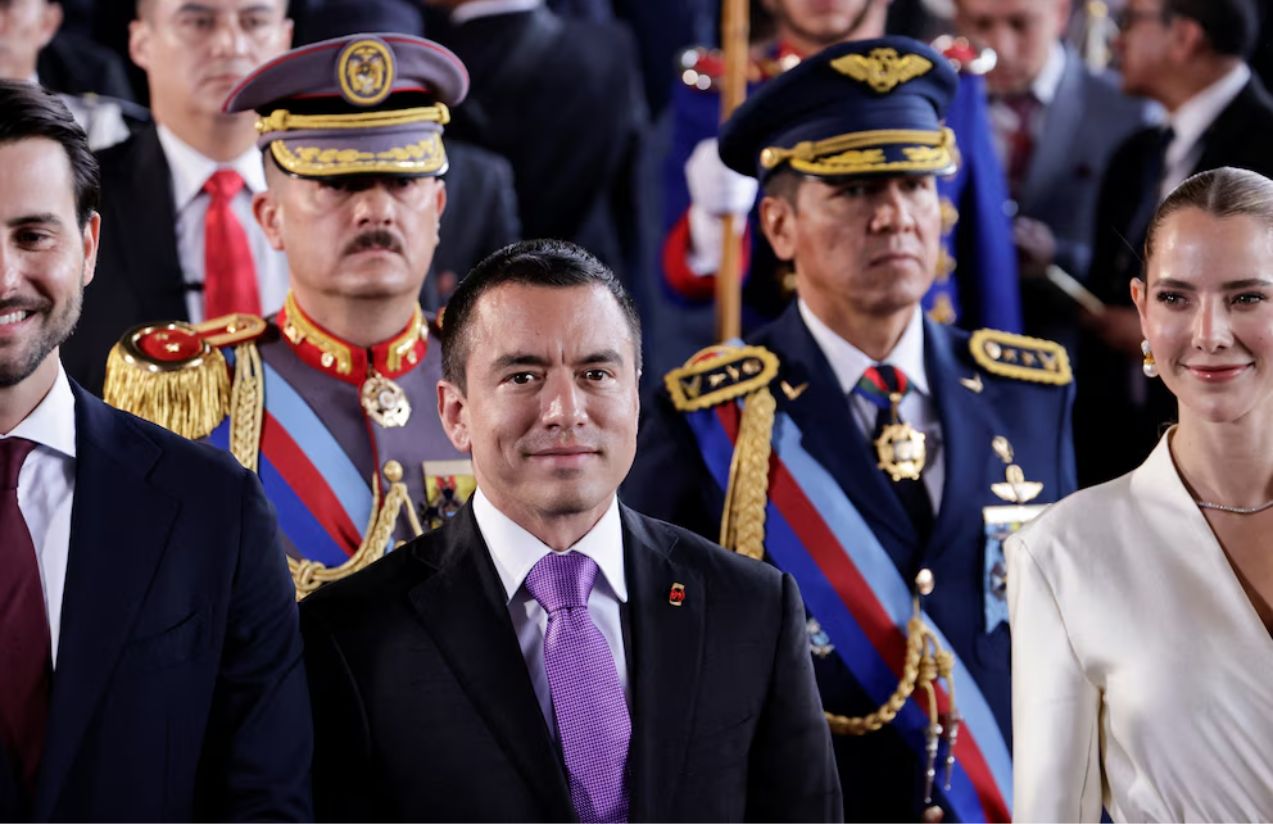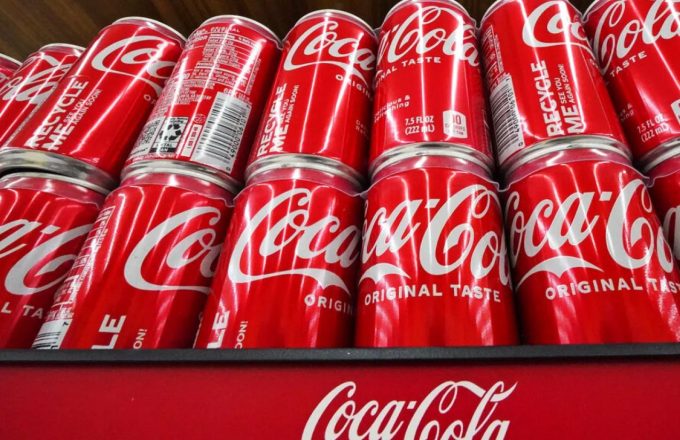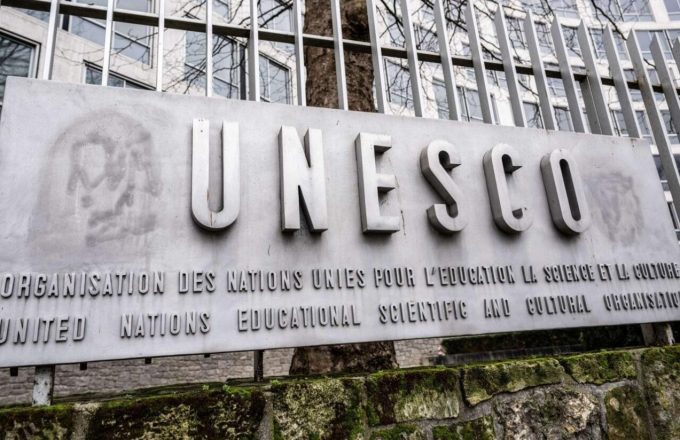On the eve of his presidential inauguration, Ecuadorian President Daniel Noboa led a symbolic ceremony this Saturday with young beneficiaries of government programs, reaffirming his administration’s unwavering commitment to combat drug trafficking, organized crime, and corruption.
The event took place outside the Carondelet Palace, the seat of Ecuador’s government, where Noboa thanked the youth for their support in securing his reelection. He won a second term after defeating correísta candidate Luisa González in a runoff vote. His new term will run until 2029.
“Once again, we stand together in solidarity, with patriotism and courage. That is how we must govern—restoring identity, peace, and progress to those who were forgotten by previous administrations,” said Noboa, who formally began his 2025–2029 presidential term on Saturday.
The president reiterated his pledge to “return strength to a people who have long felt abandoned” and to lead a nation still under siege from criminal networks toward progress. “We are not here to surrender. We are here to be brave. We will never retreat before the mafias that want to see Ecuador fall so they can rule,” he declared.
“The destiny of this country belongs to Ecuadorians, and we will forge it together toward glory, economic development, and peace,” he added, referencing the motto of his administration: A New Ecuador, a vision where “corruption is not tolerated, and the dignity of every citizen is upheld.”
Noboa also expressed gratitude to his team, highlighting the sacrifice and dedication of those who have supported him from the start. “Some have even given their lives in this fight for the country,” he acknowledged.
Noboa was first elected in 2023 to complete the 2021–2025 presidential term left unfinished by Guillermo Lasso. In this year’s elections, he secured a full term through 2029, with a platform centered on waging a direct war against criminal organizations behind the country’s rising violence and insecurity, while also striving to stabilize Ecuador’s public finances.
Delegations from 74 countries attended the inauguration, including the presidents of neighboring Colombia and Peru, Gustavo Petro and Dina Boluarte. Also present were the vice presidents of the Dominican Republic, Raquel Peña, and El Salvador, Félix Ulloa, along with the foreign ministers of Bolivia, Brazil, Costa Rica, Morocco, and Panama.
Spain was represented by the Speaker of the Congress of Deputies, Francina Armengol, while the United States sent Secretary of Health Robert Kennedy Jr.




















